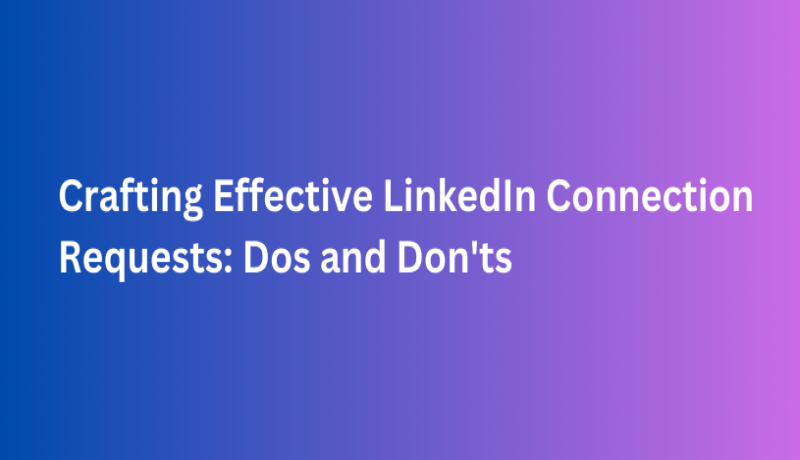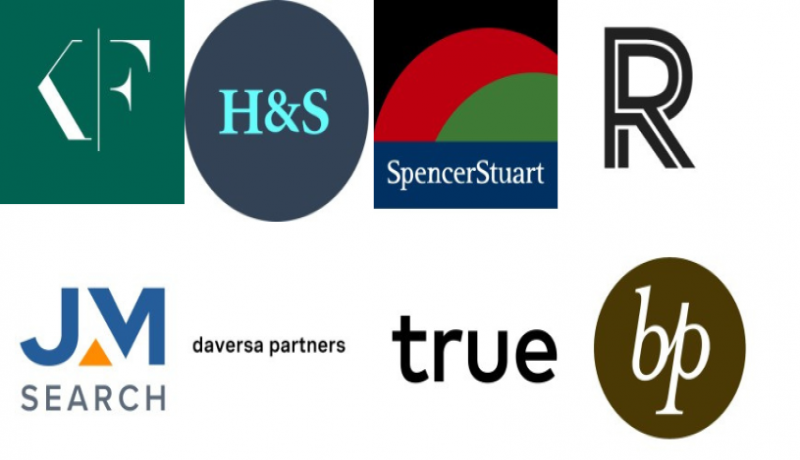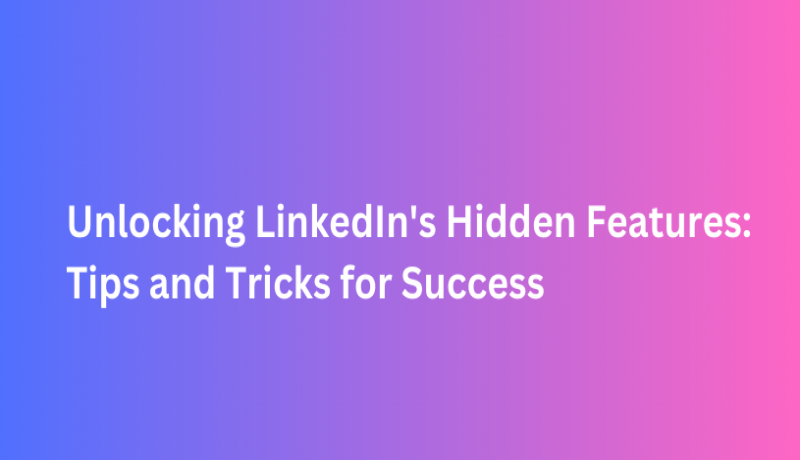Hiring Senior Executives from Direct Competitors
Parachuting senior executives from a successful competitor seem to be an easy formula to success for several organizations. For many in the Board and senior management, this is a viable option for a breakthrough in technology, sales, or management.
Sure, it comes with perks. They have been there and done that, and they would have the know-how to crack a situation.
Maybe a few lines of squeaky codes, relationships you otherwise wouldn’t be able to access, or a natural charisma to get the clients to sign on the dotted line. It could be anything as a catalyst for growth.
It is not uncommon for organizations to enlist Executive Search firms and provide a list of names they would want to target from direct competitors. Most direct competitor hires falls either in the sales, technology, operations, or management category and are sought after for their unique skills, network, book of clients, or management expertise.
While the risk of violating non-disclosure and non-compete agreements are real concerns, it gets side-lined in the obsessive rush to get an A-Lister from the competitor.
But in the ‘Competitor Halo’ (excessive awe in what a competitor or an executive with the competitor has achieved) makes people forget to evaluate underlying reasons for success and if it can be replicated in the new company.
One of the key questions the management team unbiasedly needs to think about is "What do you want to achieve with a potential hire from a direct competitor?". Blindly believing that someone who has achieved success with a direct competitor will be able to do the same for your organization can backfire.
Here are some questions and factors to address when considering such a hire.
1) Competitor’s superior products or service
Every company must sell a product or service to survive and grow. There is a possibility that your competitor had a superior product that mostly sold by itself and with excellent after-sales service too. Better quality products create a lasting impression on customers' minds and make sales easier.
In case you are in the service industry, you need to assess, how good are you at consistently delivering high-quality deliverables within the committed deadline.
If you suspect your product or service is inferior by a reasonable margin, then a direct competitor hire can do no magic. You can still hire though if you are committed to raising the standards.
You also need to take into consideration if they can sell to the same set of people they sold to while at the competitor. If they were champions at selling to large enterprises, bringing them onboard to be a Small and Medium Business rainmaker, that would result in skills mismatch and eventual failure.
If your market is small or the company from which you are headhunting the talent has most of your wish-list clients, then who are you left with? The question is ‘Are the products comparable to your competitor and sellable?’.
2) Attractive pricing
You need to find out if attractive pricing played a role in the competitor’s success. You need to assess where the potential superstar excels and can they do the same with your product's price point.
There needs to be product market fit from a pricing perspective to ensure your pricing is attractive and creates enough value for your customers.
3) Market dynamics and reputation
Sometimes, unique combination of market dynamics and external environment can contribute to your competitor’s success and that has got little to do with the executive that takes credit for it. You need to access if those factors are still in the market and if there is a sizeable addressable market left for you.
Another factor is brand reputation. When someone must choose between two equally competing products or services, they go for the one they can recognize easily.
When the Covid-19 pandemic hit, every organization moved to remote working that created a huge demand for the video conferencing app Zoom. Since then, Zoom mostly sells by itself with little push from the sales team.
Can the Senior Vice President of Sales with Zoom achieve the same results with your little-known video conferencing start-up? Perhaps, No.
4) Reward structure
Monetary and non-monetary benefits play a big role in bringing out the best in an employee. You need to figure out if your competitor had an attractive reward structure that drove performance.
Generous stock options over a multi-year vesting period can deliver consistent high-performance. Non-monetary benefits like a seat on the leadership team can also be attractive to high performers.
Are you prepared to offer better than that?
5) High-performance support team
No success can be attributed to the skills and expertise of a single individual. A high-performance support team helped him or her to achieve their results. Evaluate if your existing team is prepared to support the kind of changes needed to skyrocket growth or bring about a major operational change.
6) Management style
Management style of the potential hire plays a very important role in determining the success in your organization. What is acceptable in one industry may not be acceptable in another.
For instance, software technology company culture cannot be compared with a car manufacturing or construction industry. If such a hire happens, both the hire and your employees would suffer. Always try to hire from similar or relatable industries.
Look for transferable skills that are valuable for your organization in the current phase of growth. If cost-cutting measures worked in their previous company, it could be investment in new products that would save yours.
7) Would they want to do the same with your company?
Executives evolve with time, and they want to do different and more challenging roles. You need to evaluate if would they be open to doing what they did all over again. What he has done as the COO may not be what he wants to do with your organization. He might want to be the CEO now.
8) What is the motivation to join a direct competitor?
The motivation of an employee to join a direct competitor should be thoroughly vetted. It could be anything from needing more money, desire to work for a better brand name or more career opportunities.






